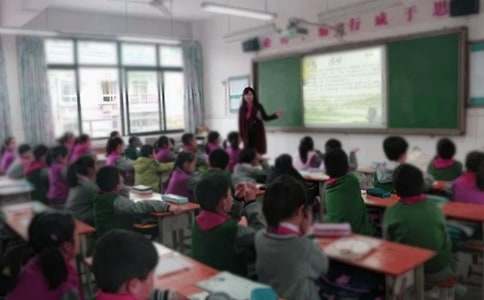- 相關(guān)推薦
八年級(jí)年級(jí)下學(xué)期 Lesson 102教學(xué)設(shè)計(jì)
Lesson 102教學(xué)設(shè)計(jì)示例Period: The Second Period

Properties: Tape-recorder, Overhead projector
Teaching objectives: Students should grasp the story and new words and useful expressions.
Teaching aims:
1. Knowledge aims
(1) Learn the new words and expressions
set off, on the first trip, over, enjoy oneself, iceberg, here and there, on watch, look out, sink, there is a hole in, lifeboat, make room for, thankful, join
(2) Continue to learn the past continuous tense.
2. Ability aims
(1) Students can find the past continuous tense in the passage.
(2) Students can retell the story in their own words.
Teaching procedures:
a) Organizing the class
Greetings and a duty report.
b) Revision
Answer questions.
1. Which subject do you like best? Why?
2. Who is the most popular movie star at the moment?
3. What’s the most interesting story you know about?
c) Leading-in
T: Not long ago there was a very famous film called Titanic. Did you see than film? What do you think of the film?
Students talk about the film Titanic, and share information about the ship Titanic.
d) Reading practice
Students read the story and answer questions.
1. When was the ship’s first trip?
2. Where was it from? Where was it to?
3. How many people were on the ship?
4. How was the trip at first?
5. What happened the second night of the trip?
6. What did people do to escape?
7. What was the problem when people were in the lifeboat?
8. What did Miss Evans do?
9. What happened to the ship at last?
10. How many people lost their lives?
Teacher explains some new words and useful phrases.
1. set off means “to start to go somewhere”.
I went to set off early because it’s too hot when the sun rises.
2. over means “more than”
The man standing there is over sixty years old.
3. enjoy oneself means “to have a good time”
The children were enjoying themselves in the park.
4. iceberg is a very large mass of ice floating in the sea.
5. here and there
We can see flowers here and there.
e) Practice and discussion
Students try to tell the story without the books. Then they talk about the young lady. Here are questions to help:
1. What do you think of the lady?
2. What will you do if you were there?
3. What shall we learn from her?
f) Homework
1. Write about the ship Titanic.
2. Make sentences with following phrases.
set off, enjoy oneself, here and there, make/have room for, be on watch.
3. Look up the new words in the article “WE LIVE IN AN ICEBOX!”
4. Do exercises on page 128.
g) Exercises in class
Fill in the blanks with proper prepositions.
1. The students set ___ very early in the morning to work on the farm.
2. The ship was ___ its first trip to America.
3. He was the best singer ___ that time.
4. Do you know who is ___ watch tonight?
5. There are some trees ___ front of the house.
6. There are some holes ___ his trousers.
Keys: 1. off 2. on 3. at 4. on 5. in 6. in
八年級(jí)年級(jí)下學(xué)期 Lesson 102教學(xué)設(shè)計(jì)
【八年級(jí)年級(jí)下學(xué)期 Lesson 102教學(xué)設(shè)計(jì)】相關(guān)文章:
Unit 4 Lesson 7 Easter(教案及教學(xué)設(shè)計(jì))04-25
Lesson 27 Forest 教案設(shè)計(jì)04-25
《Family》Lesson6的教案設(shè)計(jì)08-26
《Weather》Lesson6教案設(shè)計(jì)04-30
四下 Unit 5 Free Time Lesson 1教學(xué)設(shè)計(jì)04-30
Unit 6《Clothes》Lesson 3教案設(shè)計(jì)04-30
Lesson 9 -Lesson 12 知能同步訓(xùn)練04-28
Lesson 9 -Lesson 12 單元測(cè)試04-28
閩教版小學(xué)英語(yǔ)五年級(jí)上冊(cè)Lesson5教學(xué)設(shè)計(jì)與反思04-25